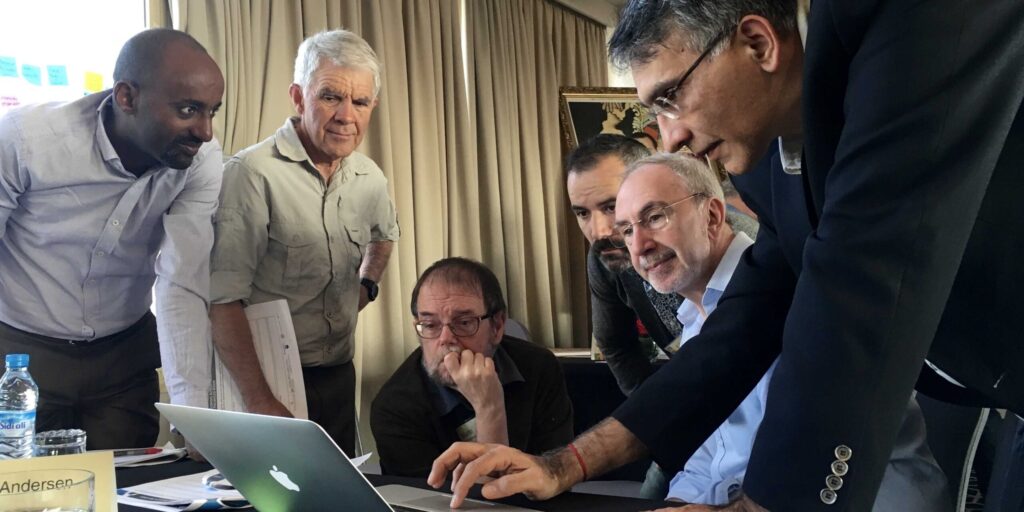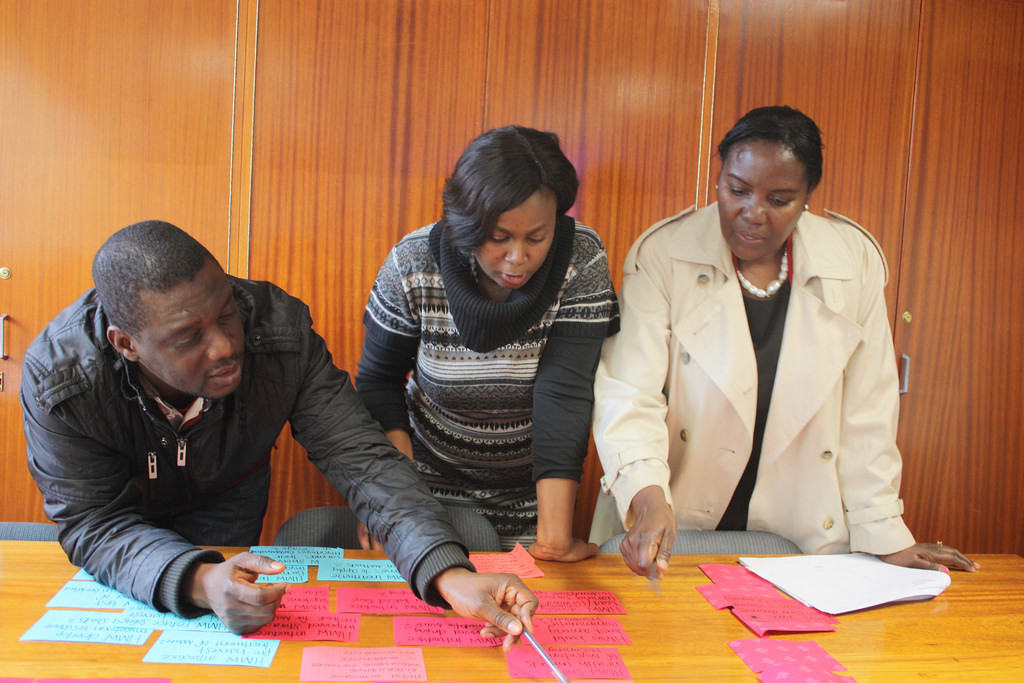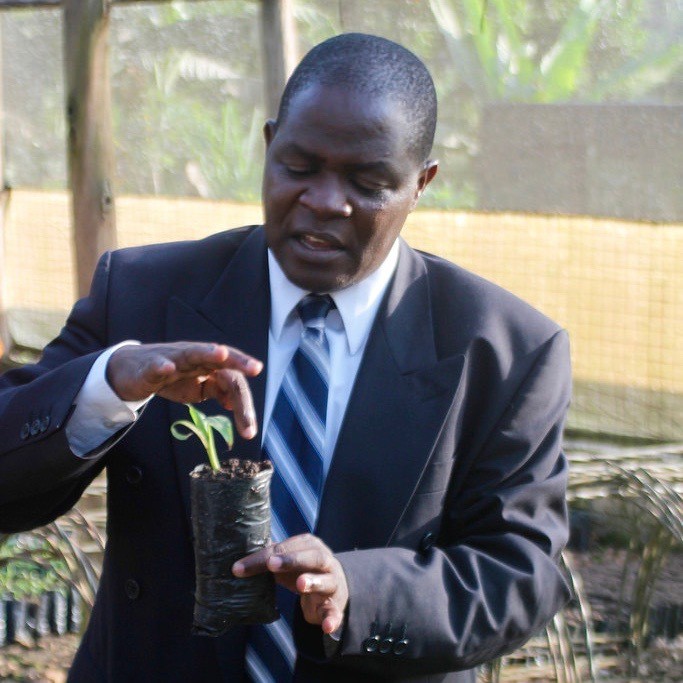How might we facilitate multi-year partnership planning between leading universities in the US and Tanzania?
Forging an Eco-Health Partnership in Tanzania Between the Nelson Mandela Africa Institute of Science and Technology & Pennsylvania State University
Challenge
Pennsylvania State University (PSU) ranks in the top 20 US universities in terms of total research expenditure, with much of that research conducted abroad or with foreign collaborators. Each year, PSU sends approximately 2,000 students to study in over 50 countries worldwide. Their global footprint is impressive. Despite a significant global presence, university leaders found themselves asking: What tangible impact have our resources made globally, particularly in Africa? Leaders at PSU’s prestigious Huck Institutes of Life Sciences wondered: Instead of distributing resources widely across the globe, why not concentrate them at a single institution and offer truly integrated support? A critical next step: find the ideal institution with which to create this fruitful partnership.
Solution
GKI loves making a good match. Connecting individuals and organizations is in our DNA. After canvassing our global network, GKI introduced PSU’s Huck Institutes to the Nelson Mandela African Institute of Science and Technology (NM-AIST) in Arusha, Tanzania. The “spark” between the institutions was immediate and clear; they shared a strong commitment to building equitable partnerships, to pursuing excellence in life science research and training, and to protecting Africa’s rich ecosystems. A GKI-led partnership-planning meeting followed. and the concept for a “Tanzanian Living Laboratory in Ecohealth” was hatched.
Five years later, this effort to address challenges at the intersection of human, animal, and environmental health is more dynamic than ever. It has grown to include other world-class institutions such as the University of Glasgow and Princeton University and has elicited more than $5 million in support from the World Health Organization, the Bill & Melinda Gates Foundation, and others. Current efforts focus on understanding the impact of climate and land-use changes on infectious disease dynamics in Tanzania’s Maasai Steppe.
Results / Outcomes
- Brokered a partnership arrangement between leading life sciences institutions in the US and Tanzania
- Facilitated the design of an “Ecohealth Living Laboratory” that integrates research, training, fieldwork, and community engagement
- Helped lay the groundwork for university-to-university partnership that generated over $5 million in research funding from international donors




